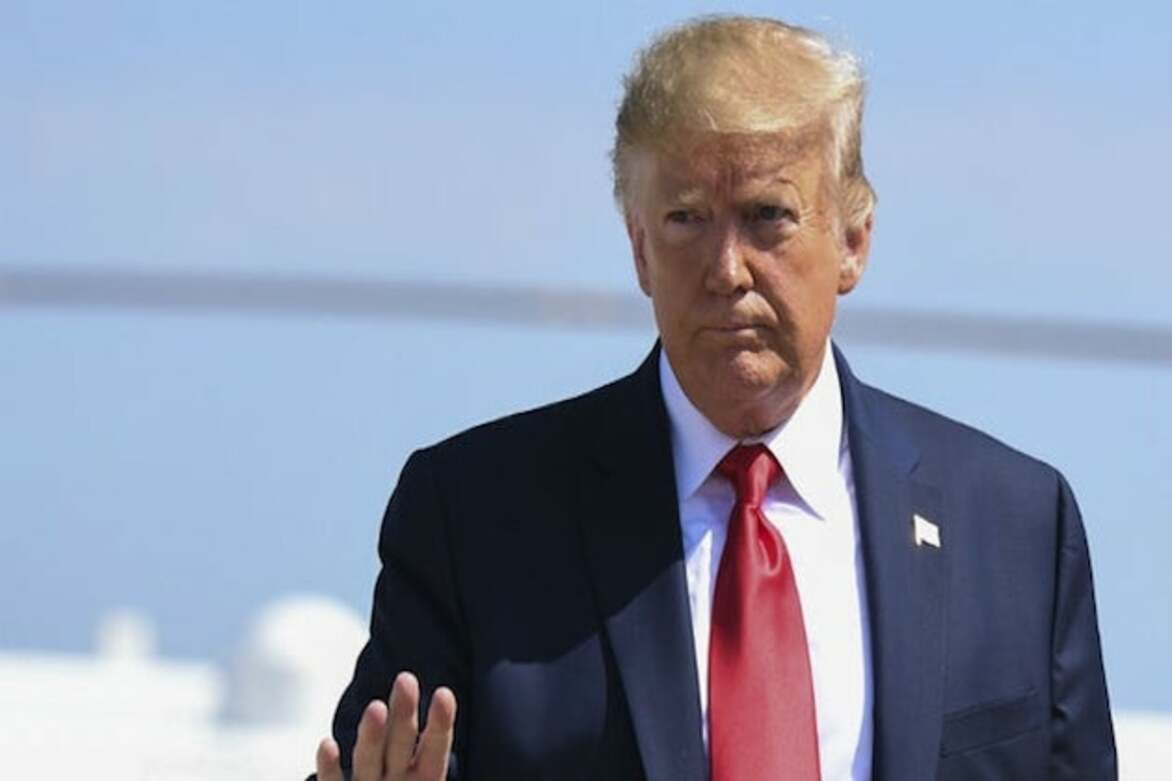New Trump order tightens voting rules ahead of election
Robert Besser
31 Mar 2025

WASHINGTON, D.C.: U.S. President Donald Trump signed an executive order this week that requires voters to prove they are U.S. citizens and stops states from counting mail-in ballots received after Election Day.
The order also threatens to cut federal funding from states that do not follow these rules.
Trump has often questioned the U.S. election system and still falsely claims that his 2020 loss to Joe Biden was due to widespread fraud. He and other Republicans have also made unproven claims that non-citizens vote illegally, even though this is rare and already against the law.
Last year, the Republican-led House passed a bill to ban non-citizens from registering to vote in federal elections, but it did not pass the Democrat-controlled Senate. The new executive order aims to achieve the same goal. Voting rights groups argue that the order, like the failed bill, will make it harder for some people, especially minorities without passports or other ID, to vote.
"This country is sick because of fake elections," Trump said while signing the order. "We're going to fix it one way or another." Legal challenges to the order are expected, with critics calling it an attack on democracy.
Republicans have pushed for stricter voting rules in recent years, while Democrats have supported easier access to mail-in ballots and early voting. The White House claims the order will prevent foreign interference in elections by requiring a citizenship question on federal voter forms. It also orders states to use a national voter registration form that will now demand proof of citizenship.
The order also opposes policies that allow mail-in ballots to be counted if they arrive after Election Day. Currently, 18 states and several U.S. territories allow such ballots if they are postmarked on time.
Additionally, the order directs the Department of Homeland Security to assist states in verifying the citizenship of registered voters and reviewing voter lists for accuracy. The Republican National Committee has already started requesting voter records from 48 states to ensure that voter rolls are adequately maintained.
(File photo).
